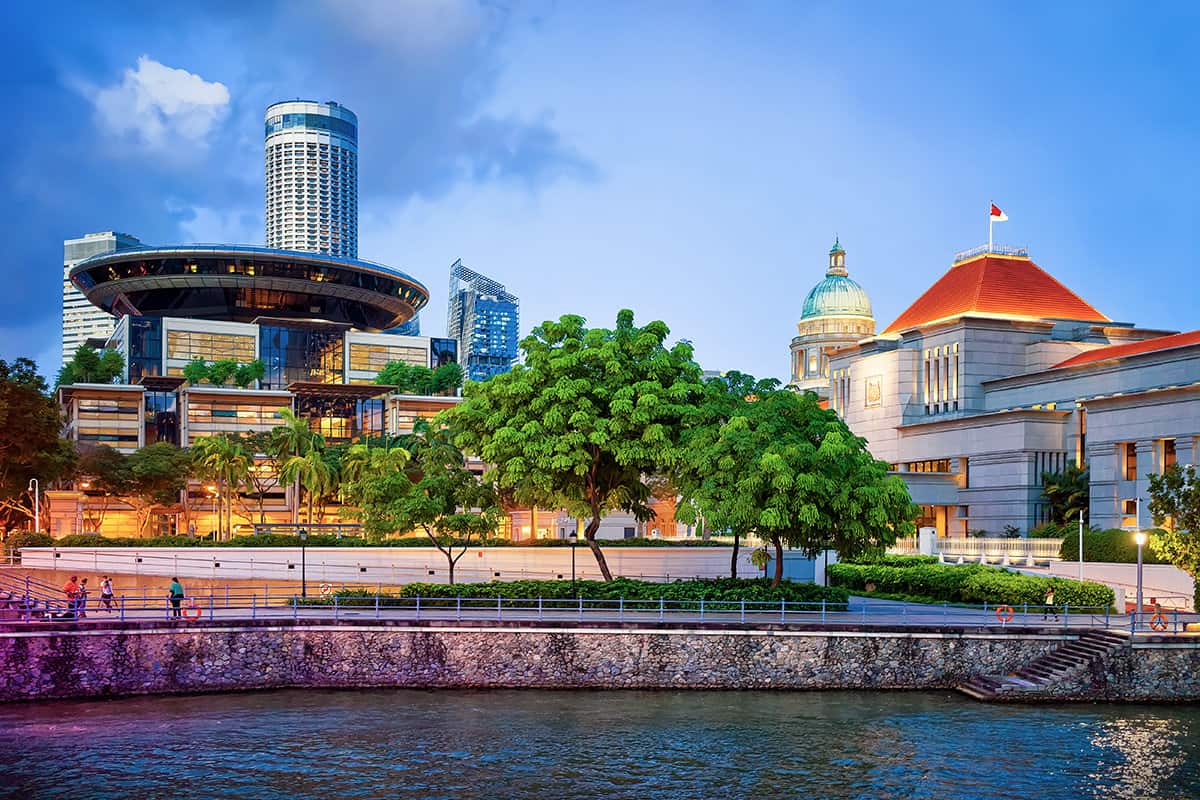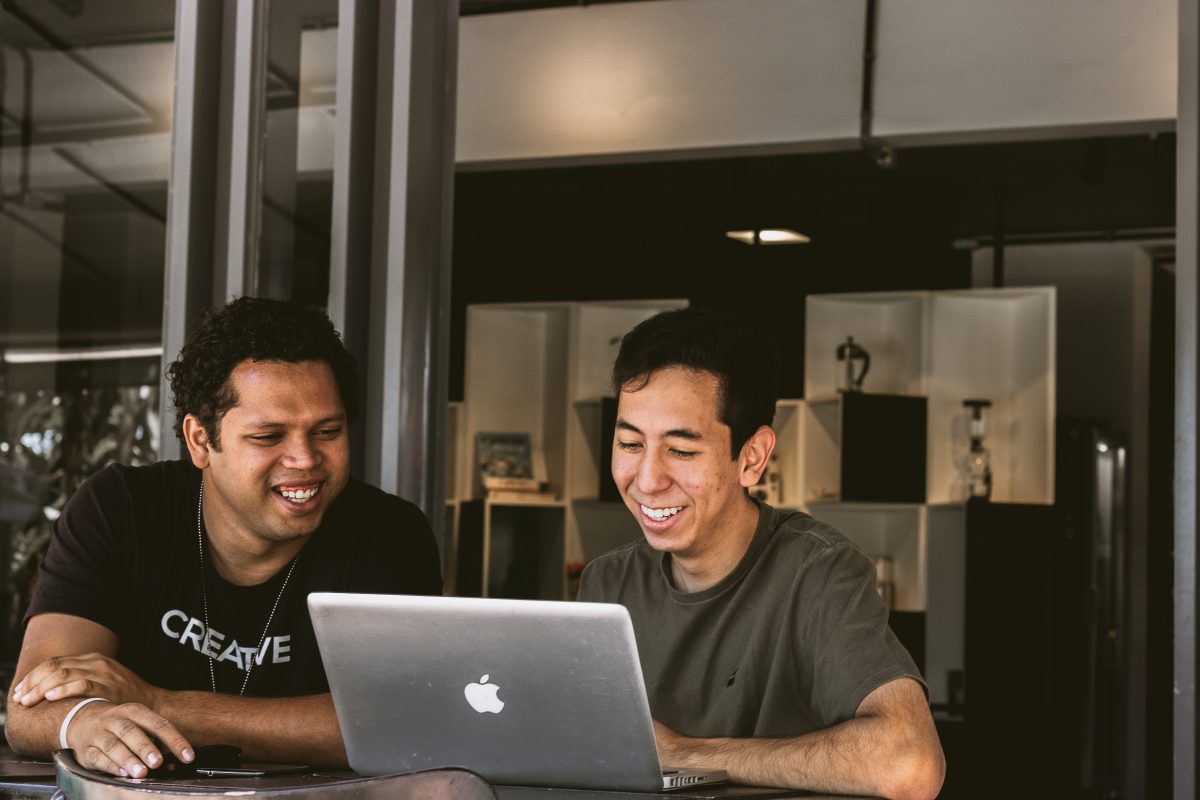Launching a startup in Singapore vs Malaysia

Factors to be evaluated
Country Snapshot
Singapore
Malaysia
Territory: 724.2 sq km
Territory: 330.3k sq km
Unemployment rate: 3.7%
FDI inflow: US$4.06 billion
Malaysia-Singapore Relations
Singapore First Deputy Prime Minister Lee Hsien Loong
Legal Regulations
With a common history of British colonization, the two countries share similar legal systems based on English Common Law. Given this, there are many similarities in regulations, which promote smooth cross-border business interactions. However, Singapore has moved well ahead of Malaysia in modernizing its corporate regulations and business laws. For example, in Singapore, the process of incorporating a business can be completed within a day, while in Malaysia this may take up to several days. Singapore’s intellectual property protection system is one of the best in the world and has become a chief attraction for many tech and innovation startups.
The Singapore government’s main objective is to design laws that help businesses prosper. Legislators monitor business trends very carefully and continue to upgrade laws and administrative processes to meet the arising needs of business and create an environment where operating a business is efficient and easy. For example, Singapore made dealing with construction permits easier by enhancing its approach to inspections, improving public access to land-related information, and streamlining the process to obtain a construction permit.
The process of starting a business in Singapore is also straightforward and fast. It may be completed in one day.
Taxation
Key Advantages of Singapore Tax system
Tax Residency
Tax Rates
Type of taxes
Singapore
Malaysia
Government Incentives
Singapore and Malaysia have both implemented various programs to support business development. Malaysia's main areas of focus are the manufacturing, agriculture, hotel, and tourism industries. In comparison, finance, high tech, and commerce are the most incentivized industries in Singapore.
The most popular incentives programs in Malaysia are the Pioneer status and investment tax allowance program, which exempts 70% of statutory income for five years; incentives for relocating to Malaysia with a 0% tax rate for 10 years for manufacturing businesses; an international trading incentive that provides exemption on an income equivalent to 20% of increased export value for a period of five years, etc.
Singapore provides various benefits for foreign and Singapore-incorporated companies, from a grant of up to S$6 million to a tax deduction of up to S$10 million. Also, Singapore offers non-financial incentives meant to encourage development of the business through training and development programs. Below are the examples:

Tax Exemption Scheme for New Start-Up Companies
Startup SG Tech

Enterprise Financing Scheme
Startup SG Equity Program
Considering Singapore?
Learn about incentives to take full advantage of all government credits, grants, and incentives.
Infrastructure and Resources
Both countries have an advantageous location favorable for any startup that wants to be at the doorstep of Southeast Asia. Singapore has good connectivity with main emerging economies and great infrastructure, which is crucial for trading business.
Due to rising demand and rapid growth, Singapore continues to improve its transport infrastructure. Singapore plans to invest over US$2.7 billion in sustainable infrastructure projects in further years, showing its growing concern for sustainability. Malaysia has also increased its infrastructure network over the past years by financing various infrastructure programs. However, compared to Singapore's carbon footprint–reducing approach, which promotes railway expansion and imposes restrictions on car usage, Malaysia’s main focus is to increase its road network.
Compared with Singapore, Malaysia is a big country with a lot of natural resources that are used effectively to boost the country’s economy. Singapore cannot compete with Malaysia in this respect, as the country is totally reliant on imports. However, the lack of natural resources and rural territory hasn’t stopped Singapore from developing some of the world’s most advanced urban solutions and becoming a model contemporary city.
Workforce
Malaysia has a population seven times that of Singapore and offers a larger pool of human talent. Due to their similar histories, the workforce in both countries is bilingual, with a good knowledge of English. However, in Singapore, English is the main language, whereas most Malaysians have just a basic knowledge of English and use Malay as their main language of communication. Some investors may benefit from Malaysia's larger talent pool; however, this depends on the business sector. Singapore’s workforce is more adaptive and has more experience in the financial and technology sectors. In Malaysia, the main employment sectors are services, construction, and manufacturing.
Both countries showed an improvement in unemployment statistics during Q2 2022. Singapore's unemployment rate was 2.1%, while Malaysia's was 3.7%.
Singapore's position
Ease of Doing Business | #2 |
Index of Economic Freedom | #1 |
Foreign Investment Friendliness | #1 |
Safe Cities Index | #3 |
Corruption Perceptions Index | #4 |
Malaysia position
Ease of Doing Business | #12 |
Index of Economic Freedom | #42 |
Foreign Investment Friendliness | #49 |
Safe Cities Index | #32 |
Corruption Perceptions Index | #42 |
Considering Singapore?
Experienced team. Affordable cost. Online platform.
Next Steps
Singapore and Malaysia are culturally and economically close countries that share a common history and heritage. Both have a strategic location in Southeast Asia and are drawn by business and foreign investments in their development.
Despite being a smaller country, Singapore outperforms Malaysia in various international rankings that measure the country's attractiveness and competitiveness worldwide. A government support programs, lack of corruption, and advanced infrastructure attract world-class international companies to its shores and position it as a leading global innovation ecosystem.
If you are considering entering the Singapore market or if you have an existing business in Malaysia and would like to discuss how you might benefit by transferring to Singapore, contact our team and we will be glad to provide the support pertinent to your needs.




























